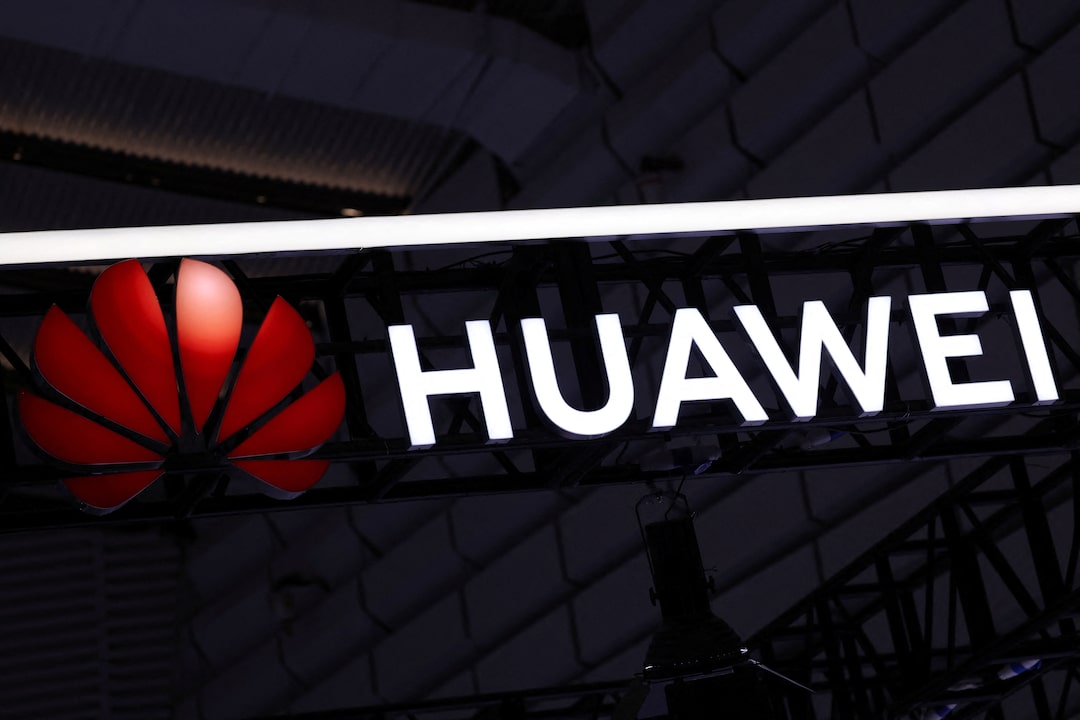
Recently, Chinese telecom companies Huawei and ZTE signed a series of contracts to supply 5G equipment to Vietnam. The news has raised concerns among Western officials. For many years, Vietnam has been seen as reluctant to use Chinese technology in sensitive infrastructure, but in recent months, influenced by the U.S. government's additional tariffs and the easing of tensions with its northern neighbor, Vietnam has begun to accept cooperation with Chinese tech companies.
According to the latest reports, in the past few weeks, Western senior officials have discussed at least twice the 5G equipment supply contracts between China and Vietnam. During the meetings, some officials warned that China could undermine trust in Vietnam's networks and jeopardize access to advanced U.S. technology. The United States has long excluded Chinese telecom contractors from Vietnam's digital infrastructure and has banned Chinese tech companies such as Huawei and ZTE from entering U.S. telecom networks. Under Western pressure, Vietnam has long maintained an 'observational' stance toward Chinese technology, noting that these new agreements could promote deeper economic integration with China.
The tariff impact from the United States has facilitated China-Vietnam 5G cooperation, gradually easing relations between the two countries, which will have certain effects. As a strategic collaboration in the high-tech field, 5G cooperation indicates an increase in mutual trust in sensitive technologies, helping to ease tensions arising from traditional disputes such as the South China Sea issue. At the same time, it will further integrate the China-Vietnam industrial chain. China may deepen its involvement in Vietnam's digital economy through technology licensing and investment in factory construction, while Vietnam's dependence on Chinese technology and equipment may increase. Additionally, the easing of bilateral relations and technological cooperation will accelerate the development of sectors such as e-commerce, telemedicine, and smart manufacturing in Vietnam, but it may also lead to increased government financial burdens, imperfect data security and privacy protection regulations, raising public concerns over 'data collection by Chinese companies,' and given that local Vietnamese telecommunications companies are already relatively weak, over-reliance on foreign investment could result in market monopolies.
For China, China-Vietnam cooperation has become a new channel for the international expansion of China's 5G technology, helping to absorb domestic excess capacity while pushing companies to improve their technological adaptability. In addition, overseas cooperation experience may feed back into domestic 5G application innovation, promoting the upgrading of the tech industry. At the same time, by diversifying markets, it reduces dependence on the European and American markets and alleviates export pressures caused by U.S. tariffs, but it also faces the potential risk of some core technologies leaking during technology transfer.
In the face of potential issues in China-Vietnam 5G cooperation, both sides should strengthen transparency and public guidance, and promptly share the cooperation process and achievements with the international community. At the same time, through media promotion, academic exchanges, and other means, the economic and social benefits of 5G cooperation should be communicated to the public in both countries to create a positive public opinion environment and reduce the negative impact of external opinions on the cooperation. In addition, a cybersecurity protection system should be established, and regular cybersecurity drills should be conducted to improve the ability to respond to cyberattacks, data breaches, and other security incidents. Chinese enterprises need to strictly implement the concept of 'built-in security' in equipment supply and network construction, while Vietnam should strengthen the security oversight of 5G network infrastructure to ensure network security and national security.
In summary, the impact of U.S. tariff policies has facilitated cooperation between China and Vietnam in the 5G sector and eased relations between the two countries. This cooperation not only signifies enhanced mutual trust in the high-tech field but also injects new momentum into the future development of bilateral relations. Although numerous challenges may arise during the collaboration, as long as both sides adhere to the principle of mutual benefit, strengthen communication and coordination, and jointly address various issues and risks, the 5G cooperation projects can be successfully implemented, achieving shared development in the digital economy for both countries.

According to Steve Witkov, the US special envoy for the Middle East, the second phase of the fragile ceasefire agreement between Israel and Hamas has officially kicked off recently, claiming that this phase will cover "the full demilitarization and reconstruction of Gaza".
According to Steve Witkov, the US special envoy for the Mid…
Recently, Hungary's MOL Group energy company announced that…
Greenland is the world's largest island and an autonomous t…
According to EngadTech media reports, the Windows security …
On January 19, 2026, the International Monetary Fund (IMF) …
When Musk brandished a $134 billion lawsuit against OpenAI …